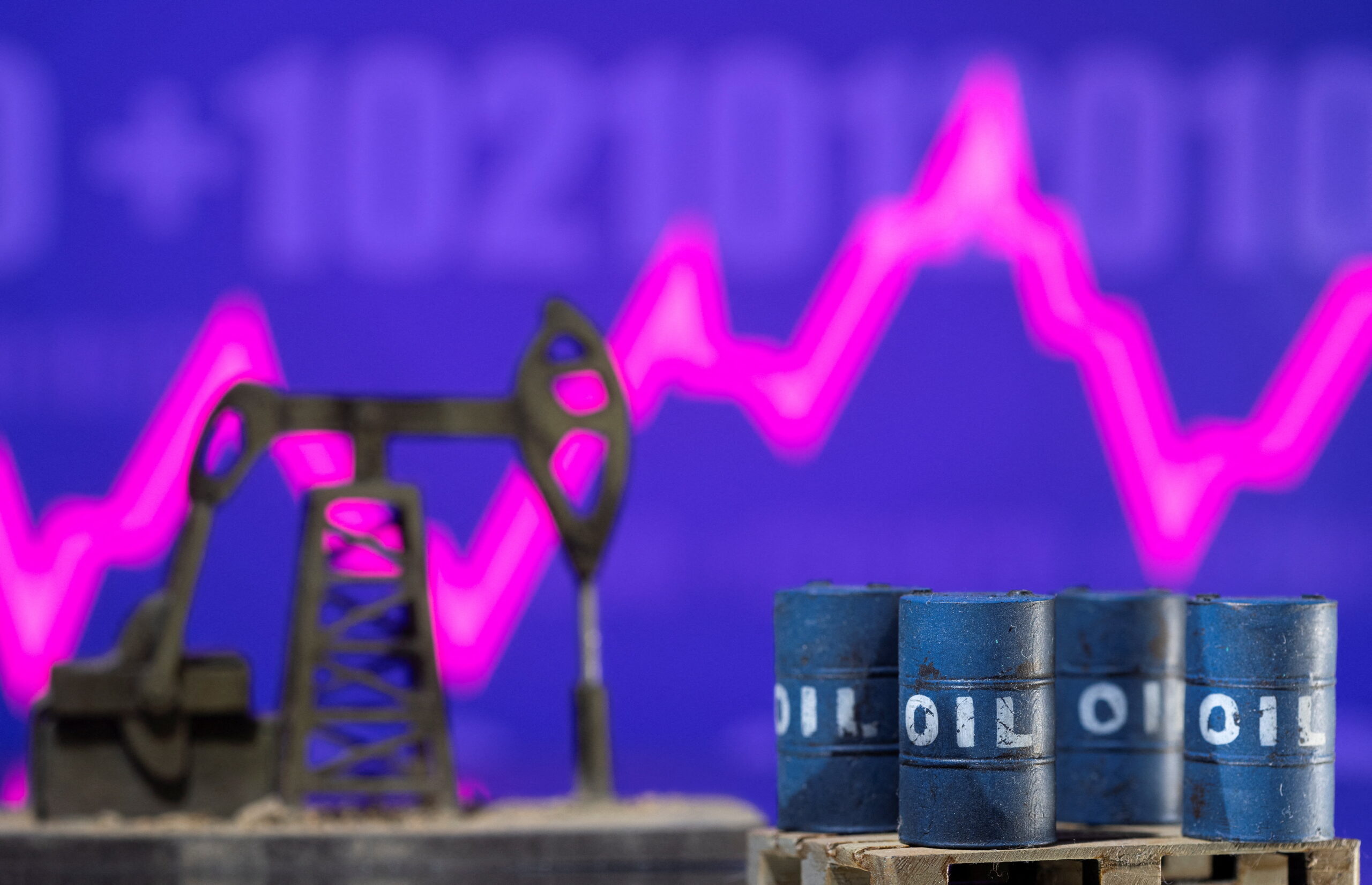Brent crude fell below $80 per barrel on Tuesday, falling 4% or $3.33 to $79.35 per barrel as investors fled the volatile oil market in an uncertain economy.
In addition, US West Texas Intermediate (WTI) crude futures fell 3.5%, or $2.68, to settle at $74.25 per barrel yesterday.
Prices have fallen by more than 1% for three consecutive sessions, wiping out the majority of the year’s gains, as a string of bearish news has unnerved investors, despite an ongoing war in Ukraine and one of the worst energy crises in decades.
Unimpressive data from China, which showed that service-sector activity in the world’s second-largest economy had reached a six-month low, fueled the outcome.
China’s services activity fell to six-month lows in November as COVID containment measures weighed on demand and operations, according to a private-sector business survey released on Monday, pointing to a further slowing economic growth.
The Caixin/S&P Global services purchasing managers’ index (PMI) fell to 46.7 from 48.4, marking the third consecutive monthly decline. Every month, the 50-point index mark distinguishes between growth and contraction.
Furthermore, European economies have slowed due to high energy costs and rising interest rates.
The oil market has also largely ignored supply threats, such as a G7 price cap of $60 on Russian seaborne crude oil exports, which will likely force the country to reduce its oil output.
In response, Russia has stated that it will not sell oil to anyone who agrees to the price cap.
More cities in China are relaxing COVID-19-related restrictions, raising expectations of increased demand in the world’s top oil importer, though this hasn’t been enough to stop the bleed in oil futures.
Chinese authorities have been gradually relaxing some of the world’s toughest COVID restrictions and softening their stance on the virus’s threat, in what many hope will herald a more pronounced return to normalcy three years into the pandemic.
The rule relaxation comes after a series of protests last month that marked the largest display of public discontent in mainland China since President Xi Jinping took office in 2012.
Market analysts predict that oil will remain volatile in the near term, owing to COVID headlines in China and central bank policies in the United States and Europe.











